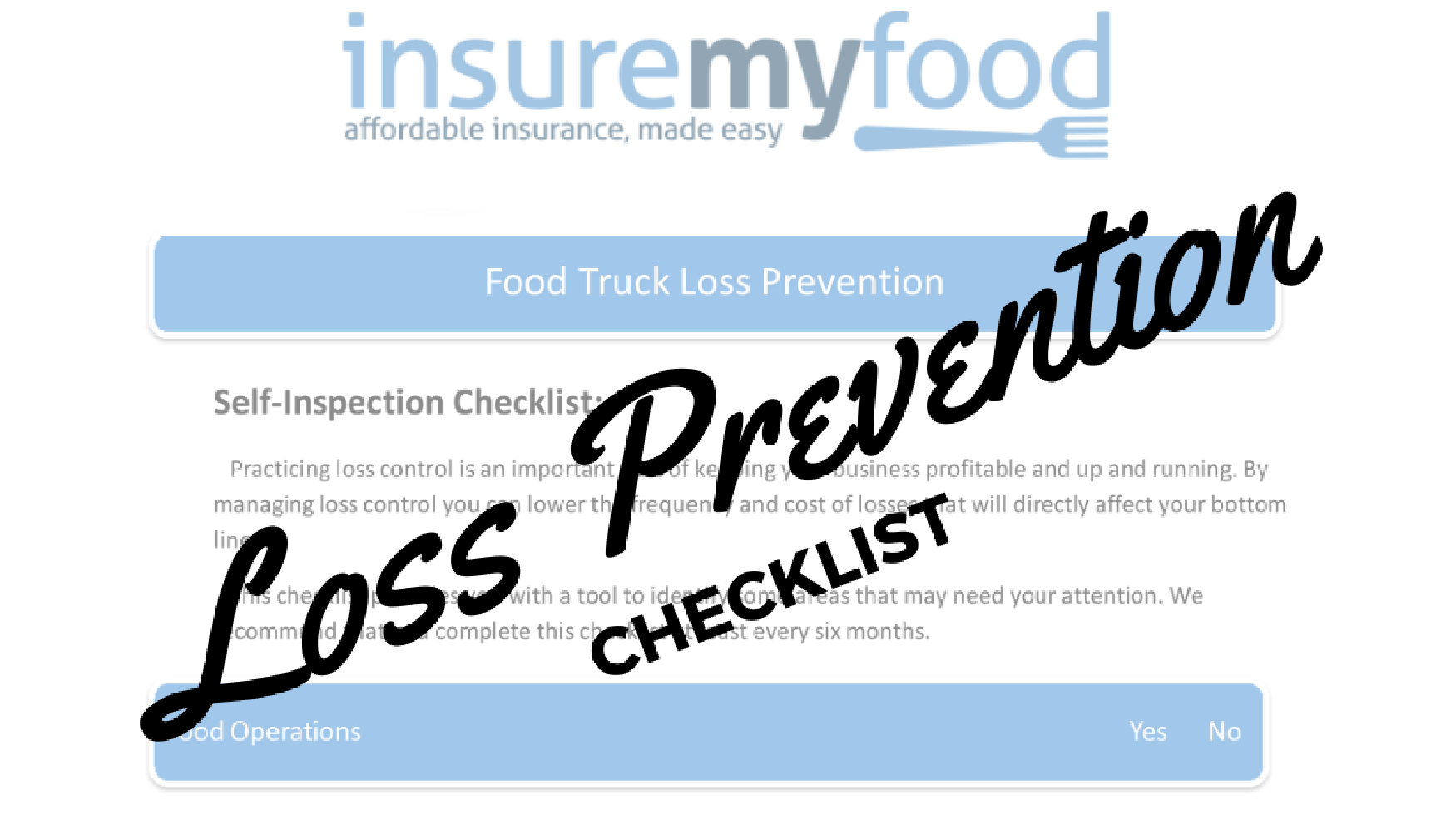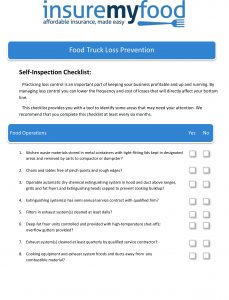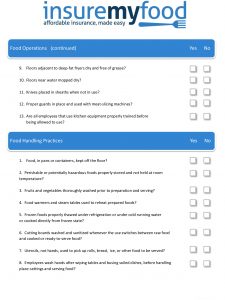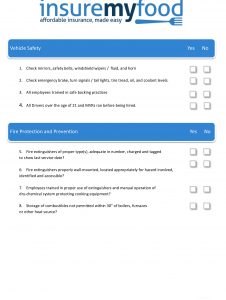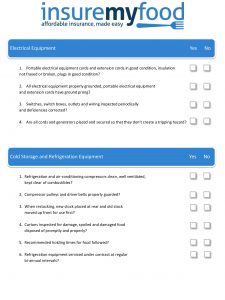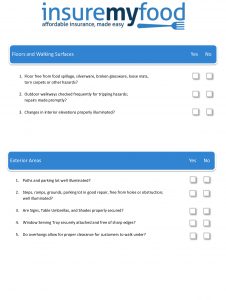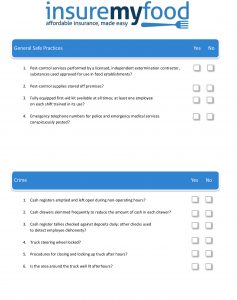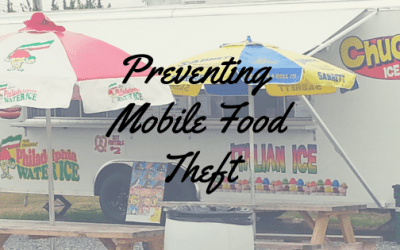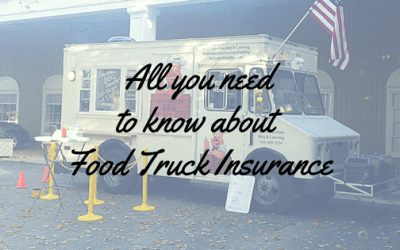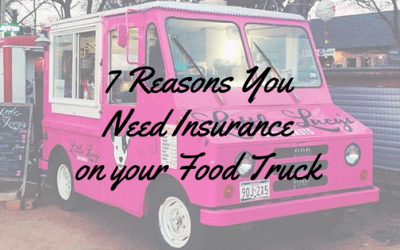As a Food Truck owner, growing your business is key to success, but preventing unforeseen losses or damages is an important part of getting your business going and keeping it profitable. By managing your risks, you can lower the frequency and cost of losses that will directly impact your bottom line. Unfortunately, you can’t control every risk in your business. However, you can take steps to protect your assets and prevent what could be a business ending loss!
To put into perspective how preventing accidents on your food truck can help the bottom line, consider this example: Let’s say you have your generator stolen, and even though you have coverage for the loss on your insurance policy, your deductible is $500. How will you pay the extra $500? Sell more food!
Breaking down the math, if your average order is $10 and your profit margin is 40% (being generous!), it will take 125 more orders to make up for the loss or $1,250 of sales. From this example, you can see how it might be worth while to practice prevention to protect and grow your bottom line!
We put together the following checklist to get you started (Click to download the full pdf here)
The comprehensive checklist covers Food Operations, Food Handling Practices, Vehicle Safety, Fire Prevention, Electrical Equipment, Cold Storage, Walking Surfaces, Exterior Areas, General Safe Practices and Crime Risks.
Phew! Quite an exhaustive, yet important, list of things to think about when running your business.
The list will help get ideas flowing about what risks your food truck business faces. It also shows how to reduce or remove those risks. We designed this checklist based on industry standards for the restaurant industry and adapted it specifically for Food Trucks.
Also important is keeping track of near misses. Near misses meaning a loss almost occurred, but you fix the issue before a real loss occurs. For example, did someone trip on a cord you left out but caught their balance? Or, did the awning on your trailer blow off when you weren’t serving customers so it didn’t hit anyone? When you have safety guidelines in place, you greatly reduce your risk opportunities.
We admit this topic can be a bit overwhelming. We can’t stress enough the importance of a loss control program for your business. Risks are all around us, but the sooner you identify and address them, the less likely they will be to cost you money in the long run. As the great Benjamin Franklin once said, “By failing to prepare, you are preparing to fail.”
